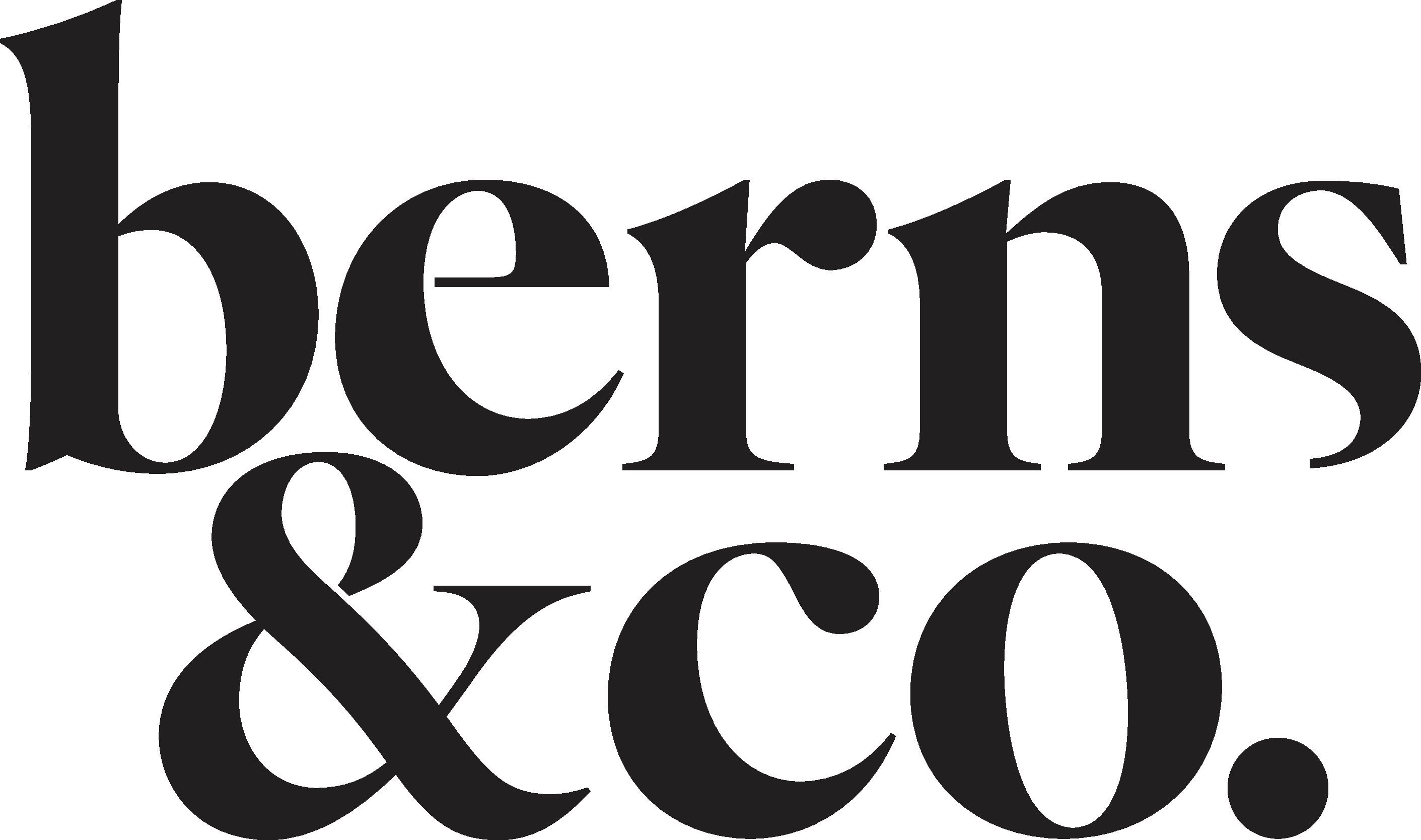Brief:
- The consumer beauty division of cosmetics company Coty saw a 19.4% jump in profits in its fiscal 2018 second quarter, which ended Dec. 31, due mostly to its social selling brand Younique, CEO Camillo Pane told investors in an earnings call.
- Coty bought a 60% interest in Younique in January 2017, when the brand had about 80,000 sellers. By December, that number had nearly tripled to 230,000, according to Digiday. The company also saw double-digit sales growth in its Q2, with sellers in countries such as France, Germany and Spain growing sales at triple-digit rates.
- Younique was started in 2012 as a digital-driven version of peer-to-peer companies Avon and Mary Kay. Younique helps each seller set up a personal e-commerce site and provides them with digital marketing guidance for promoting skincare and cosmetics products on the seller's personal social media accounts. Sellers then host a "party" online by inviting people to shop their page for a certain period.
Insight:
Younique's explosive growth in the past year or so can be attributed to a combination of its product offering and viral marketing methods on social media. Sellers act as social influencers for the beauty brand that relies on user- and seller-generated content on social media, per Digiday. Younique mostly posts product images followed by captions that encourage customers to post their makeup looks using the #BeYounique or #YTrends hashtags. By positioning itself as a digital-only brand, Younique has lower overhead costs and an eye for progressive commerce trends. Sellers are able to host virtual "parties" much more frequently than they would host in-person events, so they're theoretically able to constantly sell products and connect with potential buyers on social media.
Younique pays its sellers within three hours of any sale made on their websites, unlike the days or weeks-long process social selling companies typically take, per Digiday. This serves as another incentive for sellers to promote the brand and sell more. Additional incentives include a 20% commission that bumps up to 25% when sellers reach $1,000 in total sales. After that, sellers need to recruit other people to join the company's growing list of sellers to access additional perks and bonuses.
Brands like Beautycounter, Ever Skin, Juara Skincare and Rodan & Fields also use a digital peer-to-peer selling model, according to Glossy. The biggest risk for these brands is that the supply chain will likely reach a point where sellers can no longer find new people to recruit and will be stuck with excess products they purchased with the intent to sell. Younique seeks to forestall the criticism of being a pyramid scheme, as brands like Herbalife have contested, by emphasizing its social activism. The brand launched the Younique Foundation charity to help adult women who experienced childhood sexual abuse.






